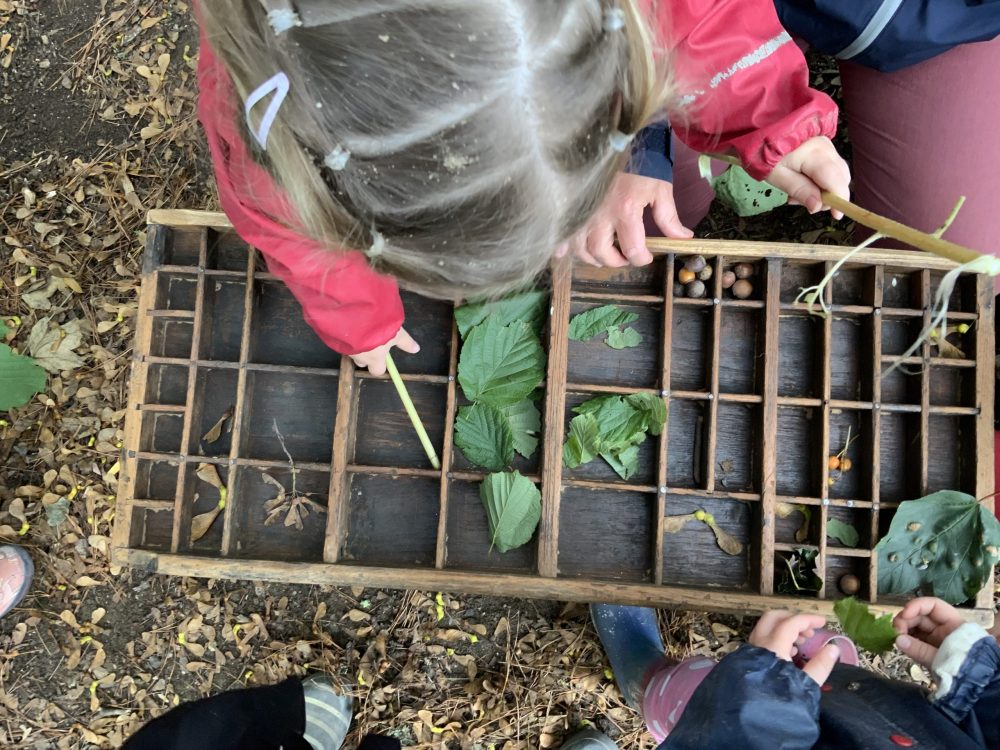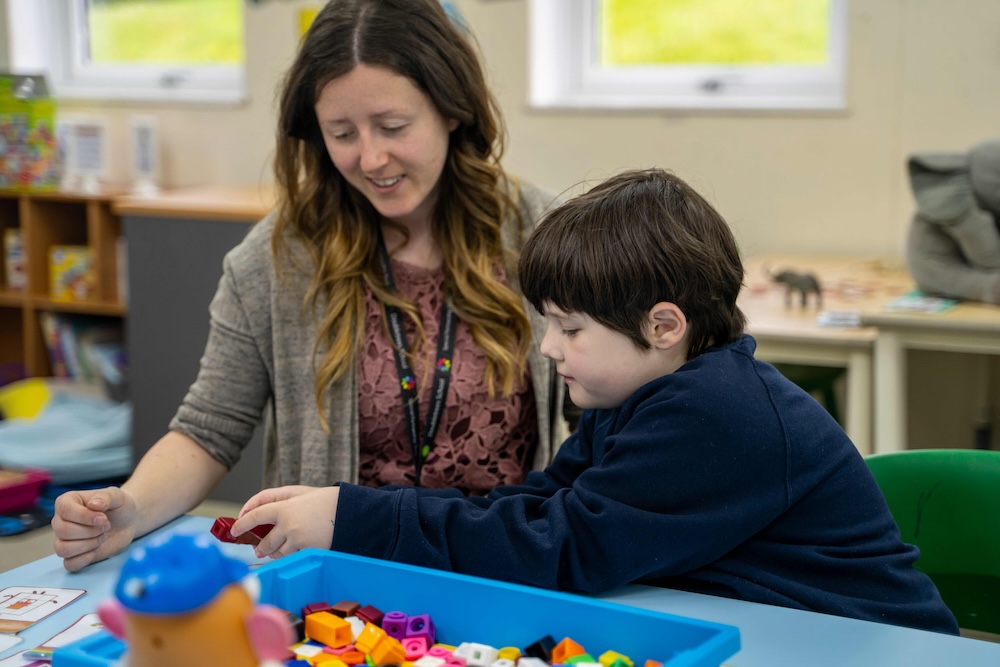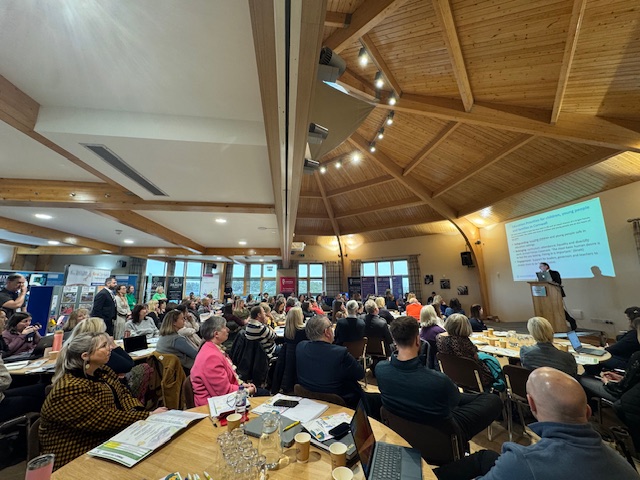
Rebecca Drake
My teenage daughters delight in showing me the memes that they’ve seen that supposedly sum up the school experience: the one that sticks with me is that school stands for ‘Six Cruel Hours Of Our Lives’. Two things strike me about this: firstly, perhaps only from the perspective of an adult can we truly appreciate the system of education that we are privileged to have in the UK; secondly, if the hours spent at school are really perceived as ‘cruel’ do the students in our schools really feel a sense of belonging? It was this idea of creating a culture of belonging that became the focus of Treviglas Academy’s work over the last two years.
Trevigas Academy’s Ofsted inspection in March 2023 highlighted that our students didn’t feel part of the school. We seemed to be engaged in a battle between the community and the school in which only 47% of parents would recommend us. It was this that was harder to take than the Ofsted outcome. We knew that exam results were good (above the national average that year) but yet students didn’t like coming to the school.
The new Headteacher, James Rogers, set out on a mission to change this culture. His brand of total honesty, authenticity and approachability meant that the first school presentations were delivered in a way unlike the corporate feel that many schools are moving towards. That doesn’t mean that there was any less professionalism or ambition; instead, he represented a believable honesty about what we wanted to achieve as a school, and what we would aspire to do for the students in our care. The same approach was taken with our students: James led the behaviour culture to have simplicity yet predictability of consequence. Students felt safe knowing the boundaries, and knowing that when they crossed them, they would have to accept the consequences but that these would be delivered with no less compassion and support than any other aspect of the school life.
We joke in our leadership team that we’re not very good at remembering names but, importantly, we all know our students; we know their faces and importantly we know that every single one of them has a strength. This might be the achievement of the top grades in GCSEs and applications to Oxbridge; the courage to stand up and sing a solo despite being terrified; playing for the girls’ football team for the first time or representing the school at the basketball regional finals; sharing your favourite book; the kindness to look out for someone in the playground who is struggling; the ability to smile and say hello and ask how another person’s day is going. School outcomes go far beyond Progress 8 measures and league tables and it became James’ mission to lead a school that took the Trust’s values of kindness, ambition and responsibility to be more than just words – they permeated everything that we needed to do so that all students felt like they belonged.
It was vital that this culture was felt in the classroom: we wanted a culture of belonging but within this a culture of learning. Each member of the Leadership Team was given a clear area of responsibility, an area that matched our strengths and passions, but with this an accountability for the outcomes. We were trusted to lead in our roles, and to encourage others to do the same, so that all staff felt a sense of belonging, encouraged to take risks and be creative, in the shared vision about what we were trying to achieve.
It was the students who truly flourished. They excelled at showing off their school, not the buildings (which are in the process of much-needed repair) but Treviglas Academy, the school that they went to and felt a part of.
So, when the phone rang on the morning of the 3rd March, there was the obvious expected nervousness, but also a sense of excitement. Would the Ofsted team see the culture that we had tried to embed? When students were given the opportunity to talk to outsiders in a high stakes accountability process, would they say that they thought that they belonged? As the parental survey reached 85% recommending the school, we felt confident that our parents were behind us. However, it was the students who truly flourished. They excelled at showing off their school, not the buildings (which are in the process of much-needed repair) but Treviglas Academy, the school that they went to and felt a part of. The Ofsted report noted that the ‘school has high expectations of pupils’ conduct. They balance these expectations with warmth and mutual respect… increasing numbers of pupils make good academic progress.’ But, perhaps the most important line was that ‘all pupils feel a sense of belonging, so they are able to achieve well.’
I am not naive enough to think that teenagers will wake up at 6.30am each morning, jump out of bed with joy at the prospect of going to school. However, through creating a culture of belonging, students may not consider the hours ‘cruel’ but instead look back with a feeling that at school, regardless of their talents, and their GCSE outcomes, this was a place where they felt that they belonged. At the beginning of our journey two years ago, we took the courage to say that this was the outcome that we wanted for all of our students. That is not to dismiss the importance of academic outcomes, sporting and performance success, but these can now be greater developed sitting within a culture where everyone feels that they belong.




